
Heaven

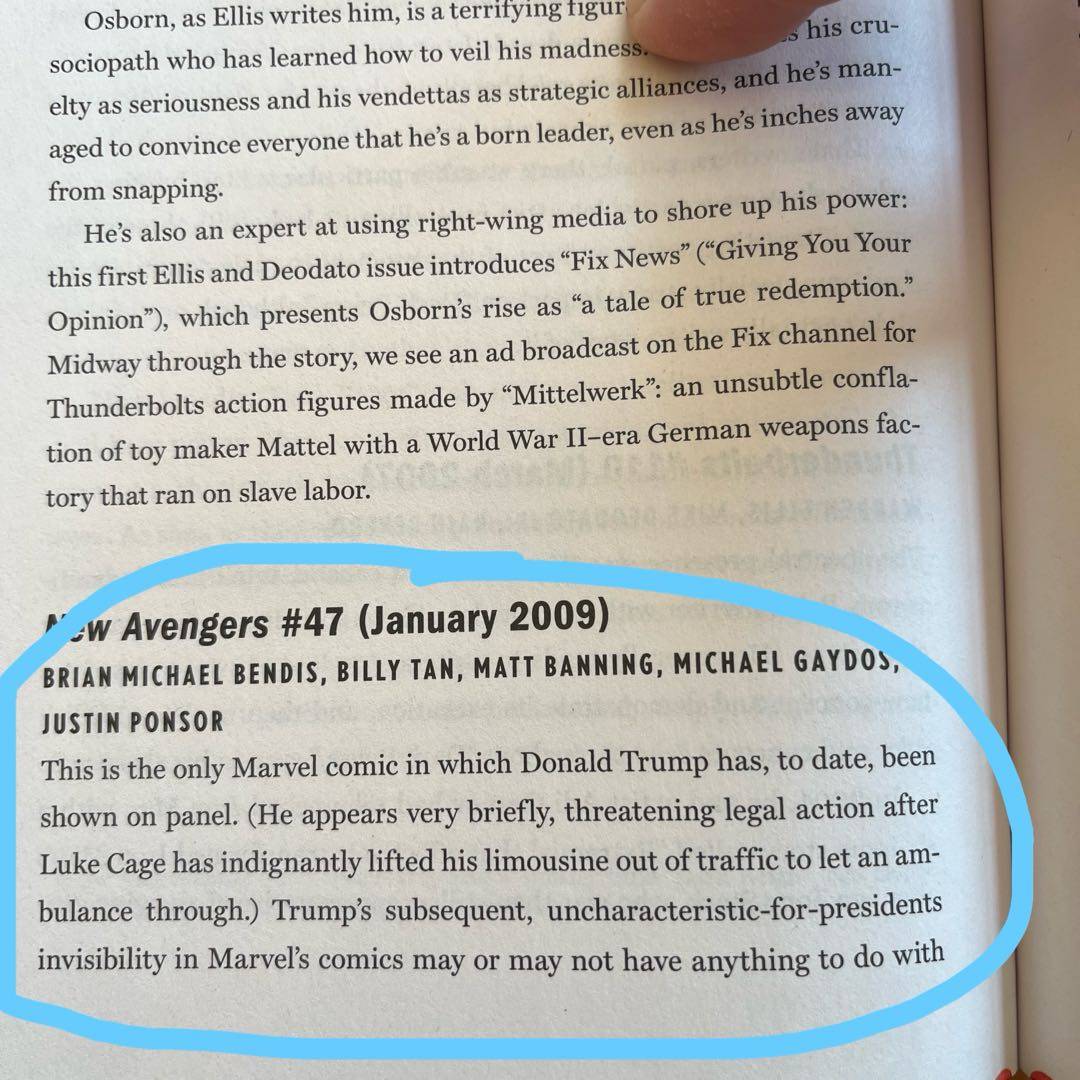
Donald Trump is part of the Marvel Universe. Now we need to figure out who‘s going to play him!
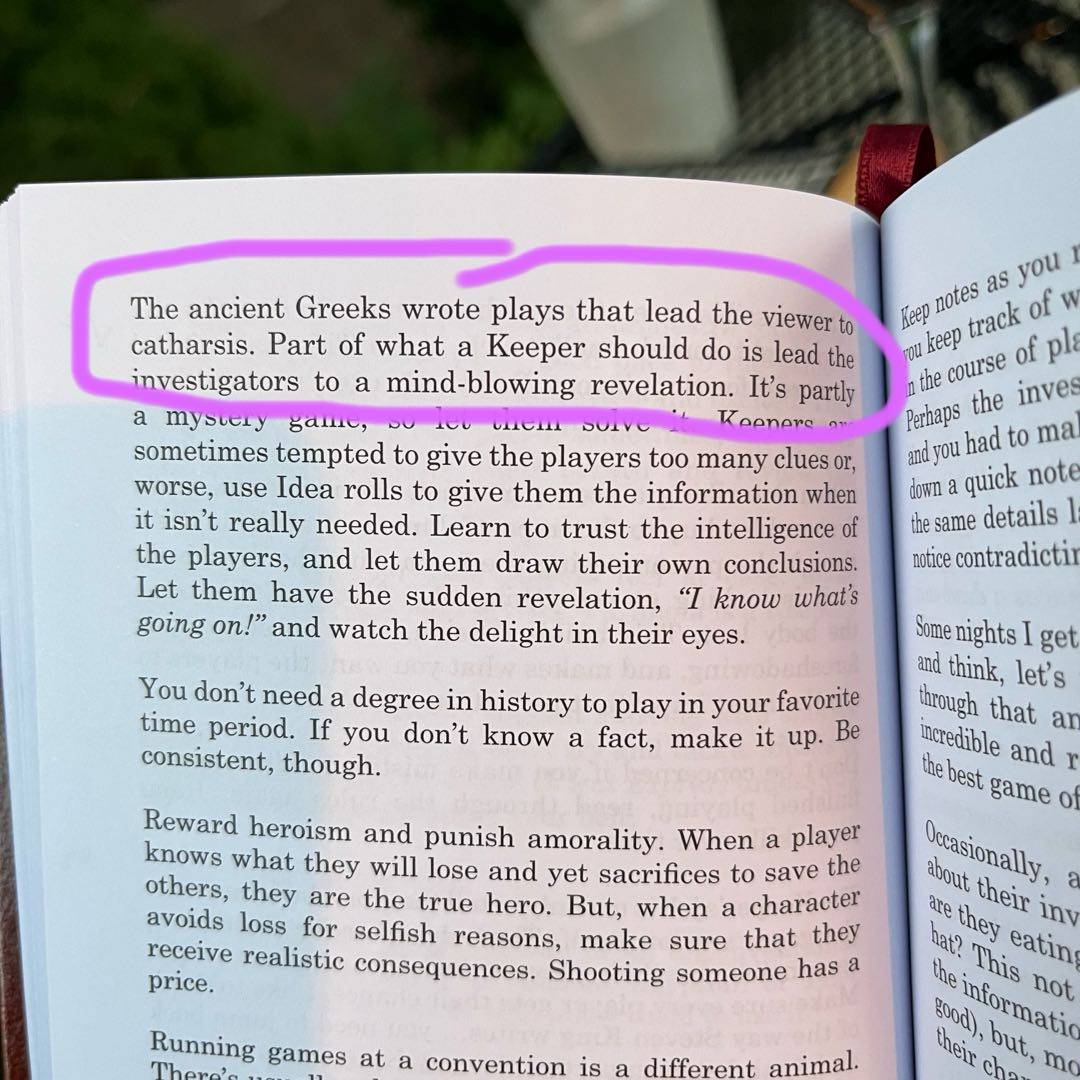
The source here is Aristotle‘s notion that tragedy effects the cleansing (catharsis) of pity and fear. So, to what extent is that true of a Call of Cthulhu game, and to what extent is drama in general a good guide to being a DM/“keeper” in a role playing game?
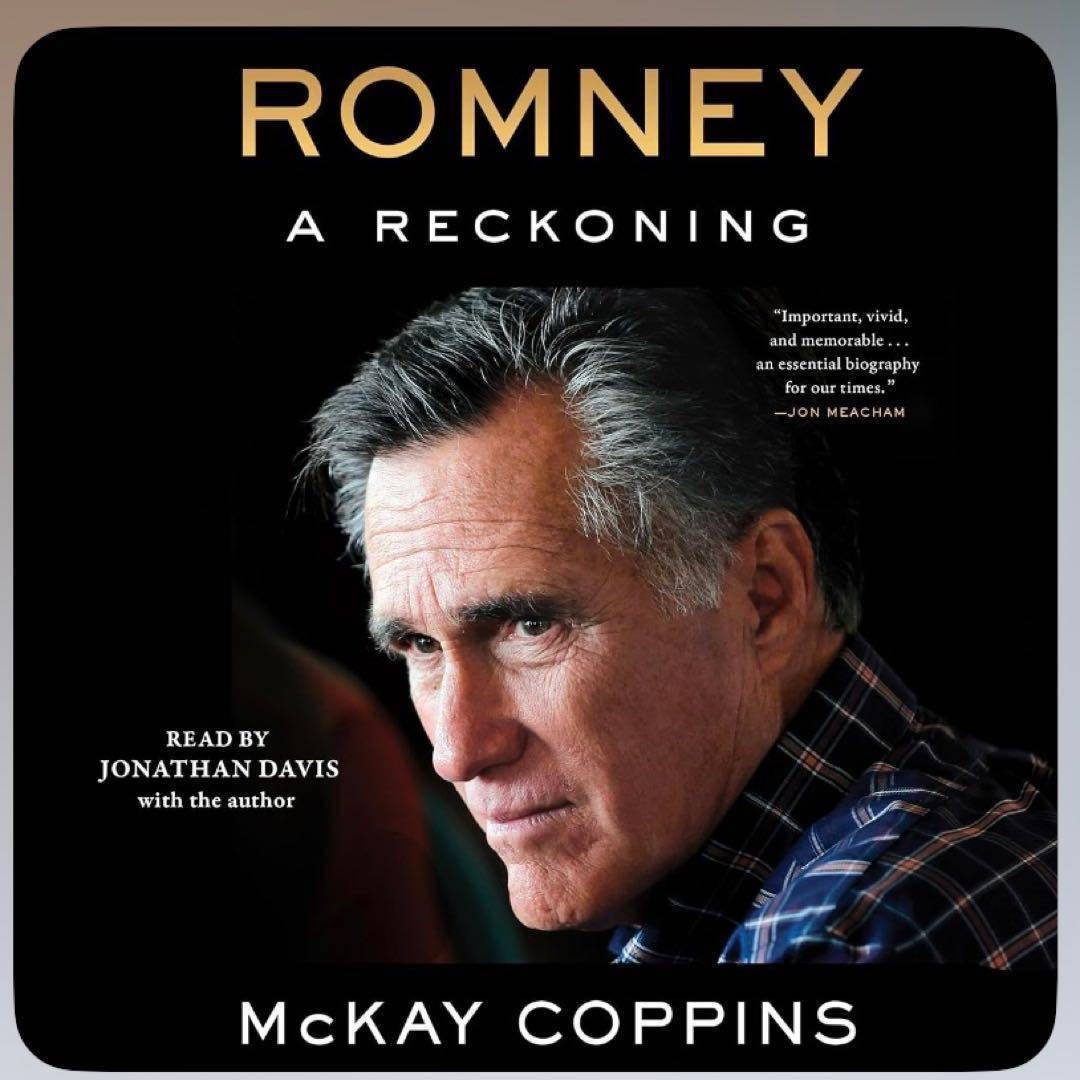
A fantastic book. Copping charts Romney‘s unlikely journey from being among the most “flexible,” ideologically slippery politicians to an implacable bulwark of decency and democratic virtues. Romney gave her all his emails and private journals, and they deliver again and again. I‘m glad I voted for him years ago, but I will never vote for anyone who didn‘t stand up against Trump. I don‘t think Romney will either.
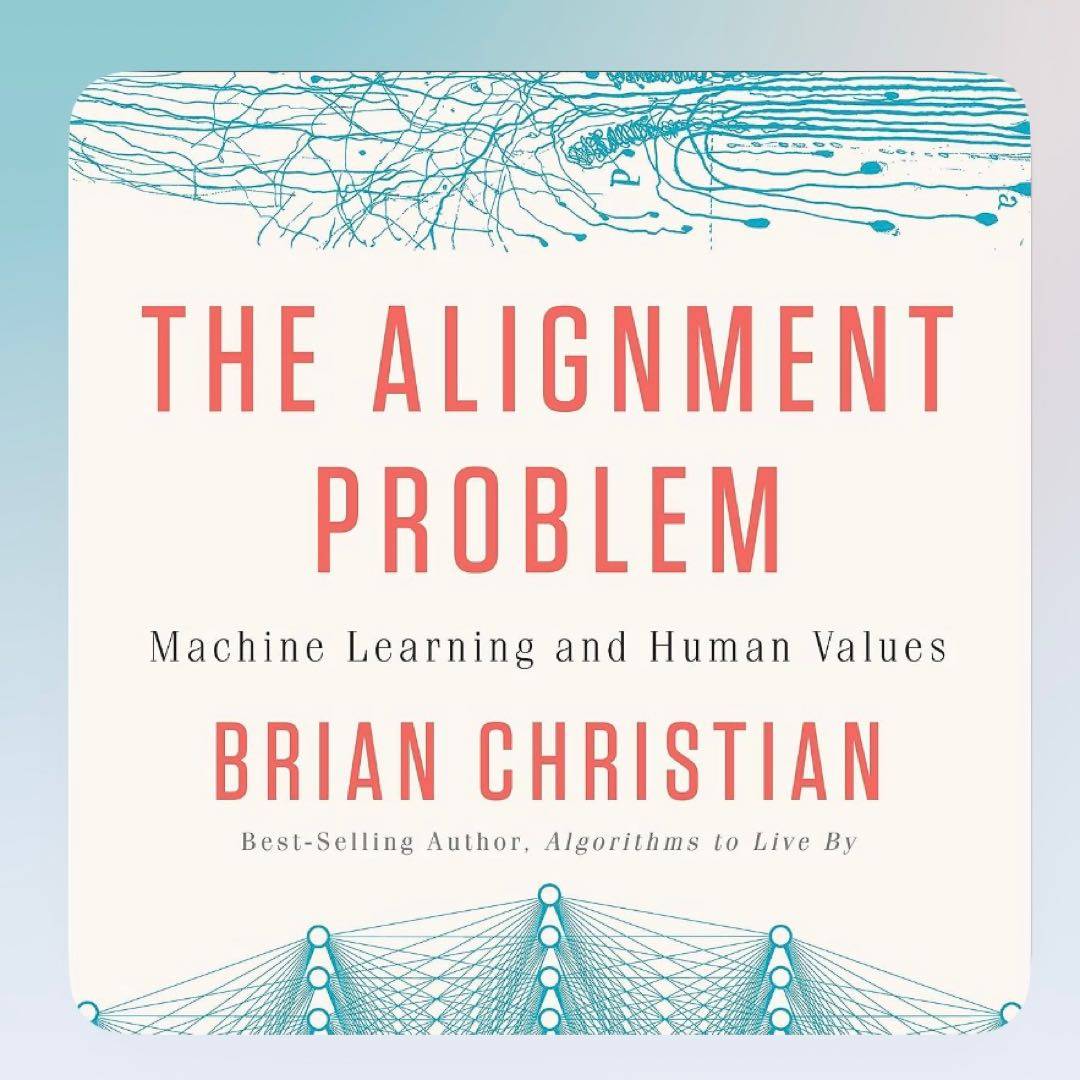
Fantastic book
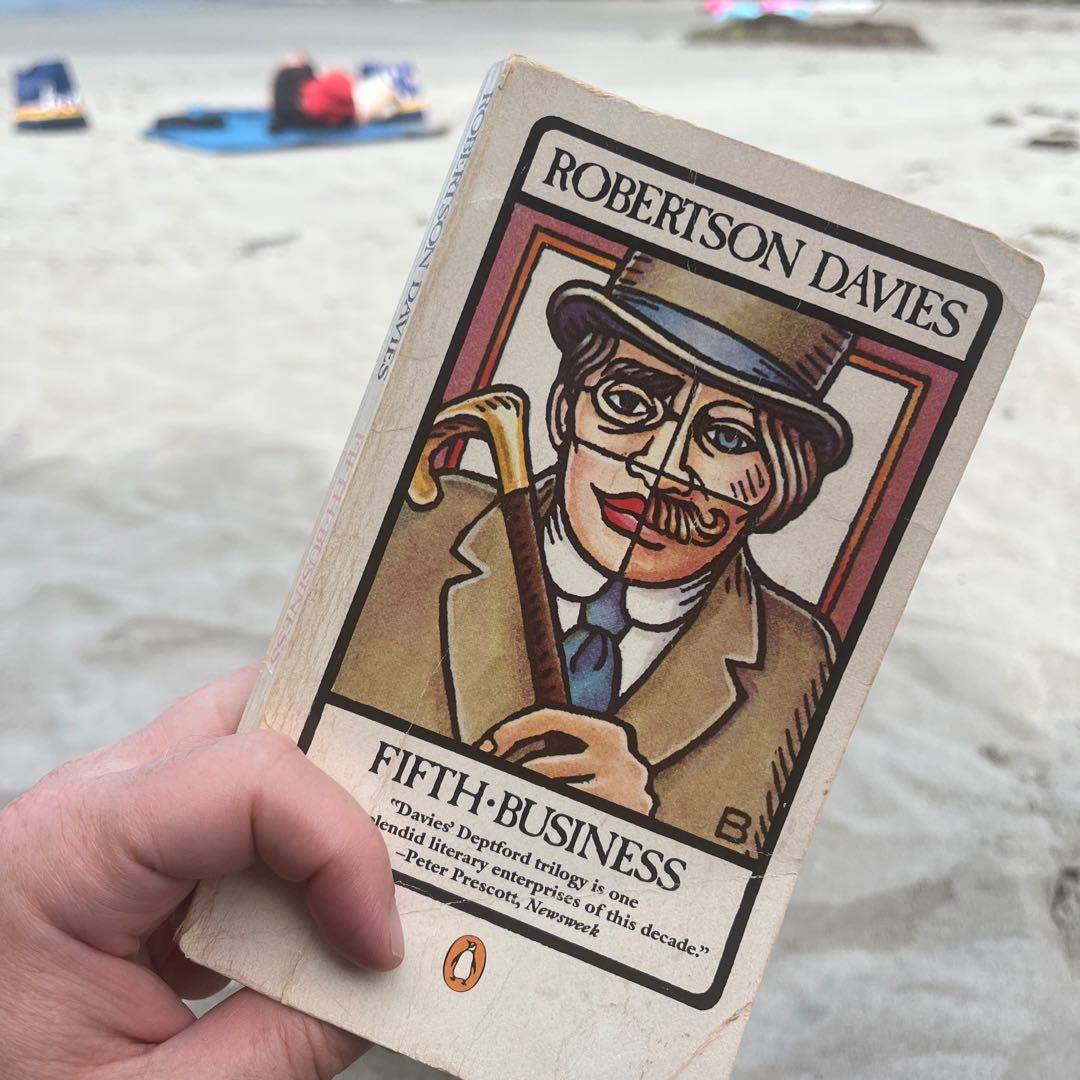
Rediscovering this favorite of my 20s.
If you're using the app, please visit the Onward Litsy group to tell me if you're seeing images. If you're not a member of the group, tell me here. https://www.facebook.com/groups/OnwardLitsy

Come work with meeeee. https://blog.librarything.com/2023/07/developer-work-from-home/
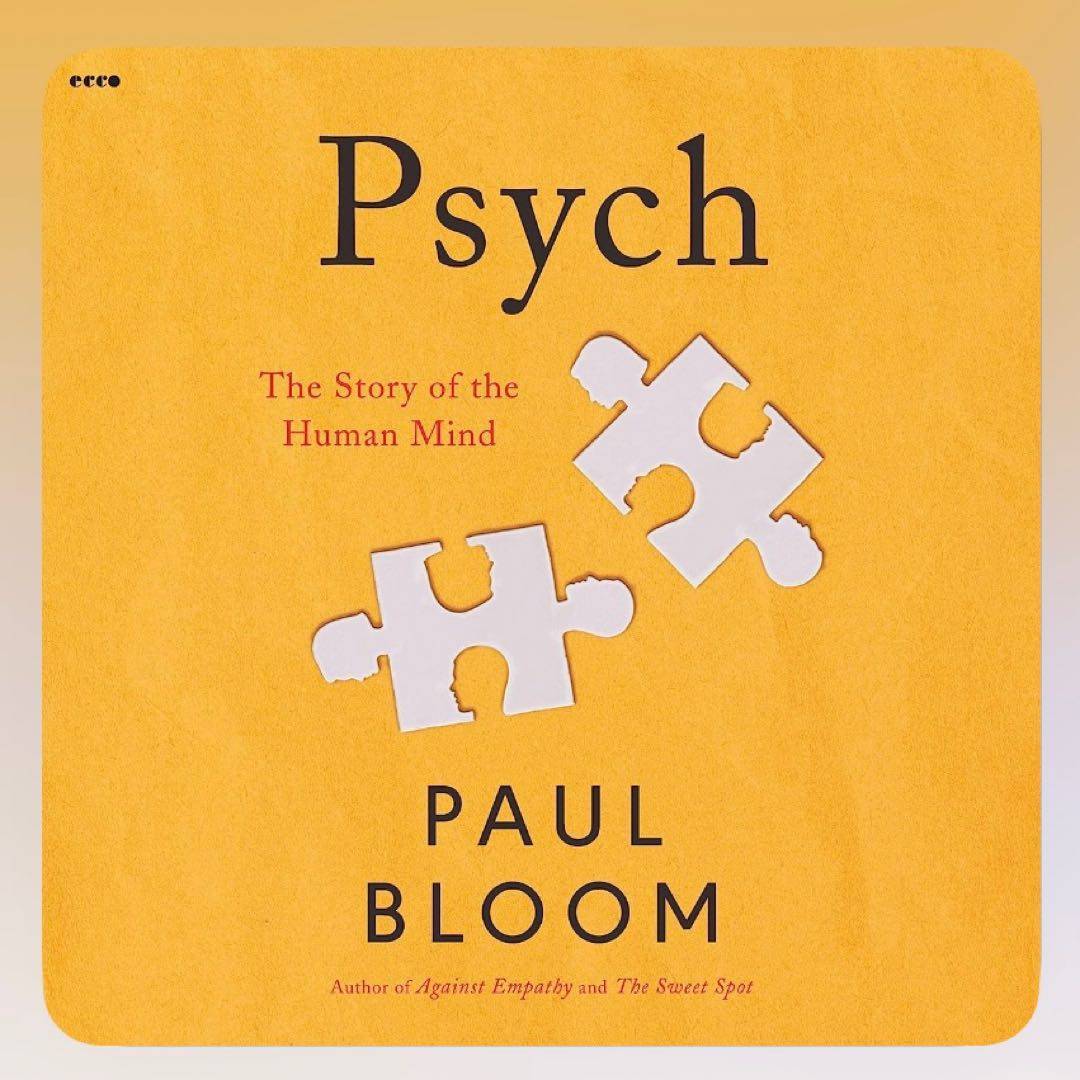
Learning about a discipline generally involves a degree of historical review of it. To learn Greek archaeology, you learn Schliemann. To learn AI, you learn Turing. The usefulness of this, however, varies. All philosophy may be footnotes to Plato, but—speaking as an outsider—between Freud or Skinner and modern psychology there's seems such a gap that it hardly feels necessary to cover them at all. They were so wrong. So comically wrong.
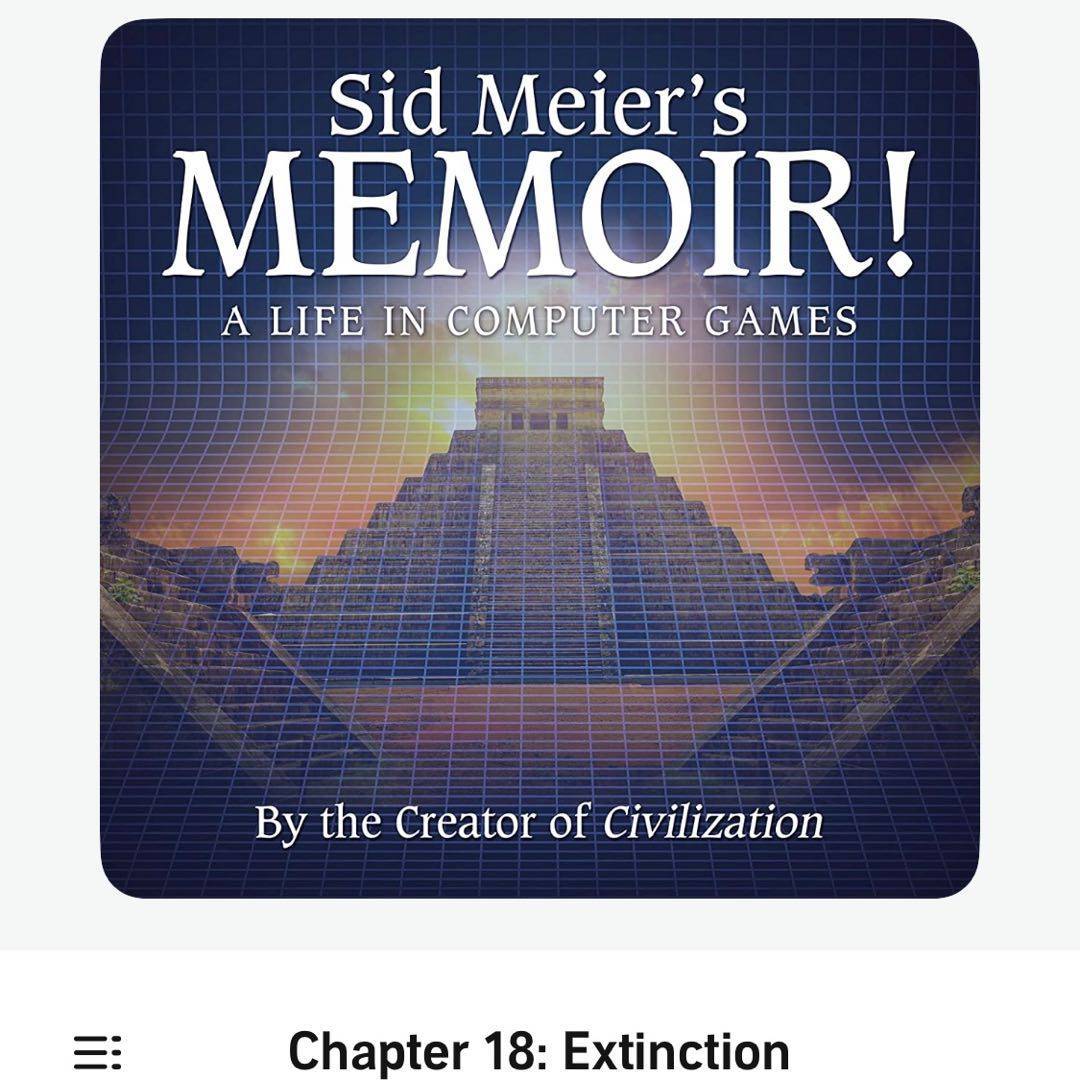
“I build most major revisions from scratch, anyway. The coding is the easy part; it‘s like drawing a picture of something after you‘ve excavated it. The sweat is in the digging, not the documentation.“
Exactly.
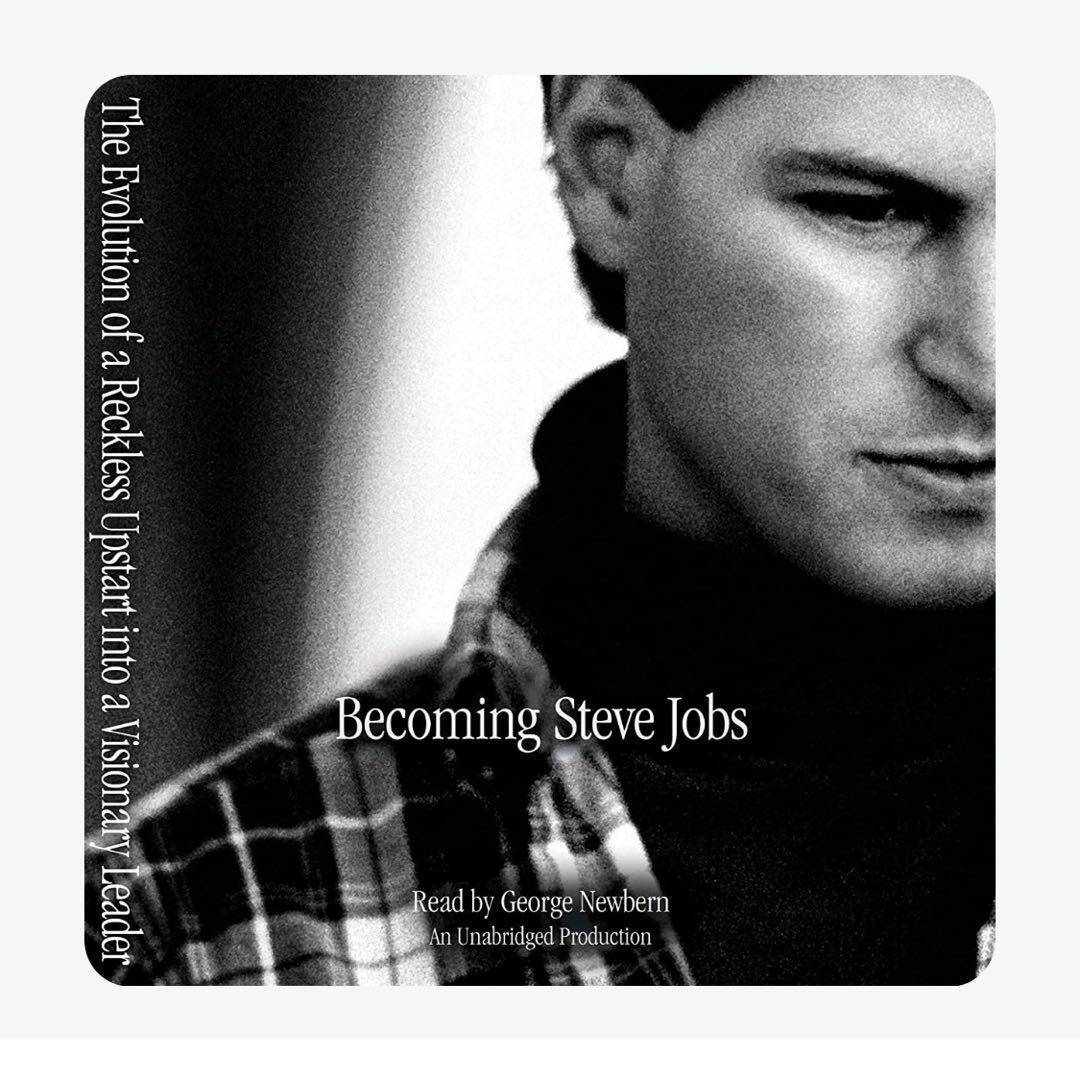
What a fantastic book! The book is mostly narrative, of course, but it has a thesis: That Jobs changed. The brilliant but dysfunctional human being that created Apple and the Mac, but was ejected from the company he founded, mellowed, learned and was chastised into a better person—along all the axes of “better.“ Although in no way a management advice book, still less a life-advice book, I found it usefully reflective for me personally.

I bought this with low expectations, thinking I'd probably throw it against the virtual wall. But it's turning out to be a great read. The topic isn't the wonders of making Ready Player One come to life—or the evident dangers. Instead—so far—it covers the nitty gritty of making a large, flexible and lifelike shared world. I'm a programmer, but gaming and simulations aren't something I know much about, so this is all new to me, and all fascinating.
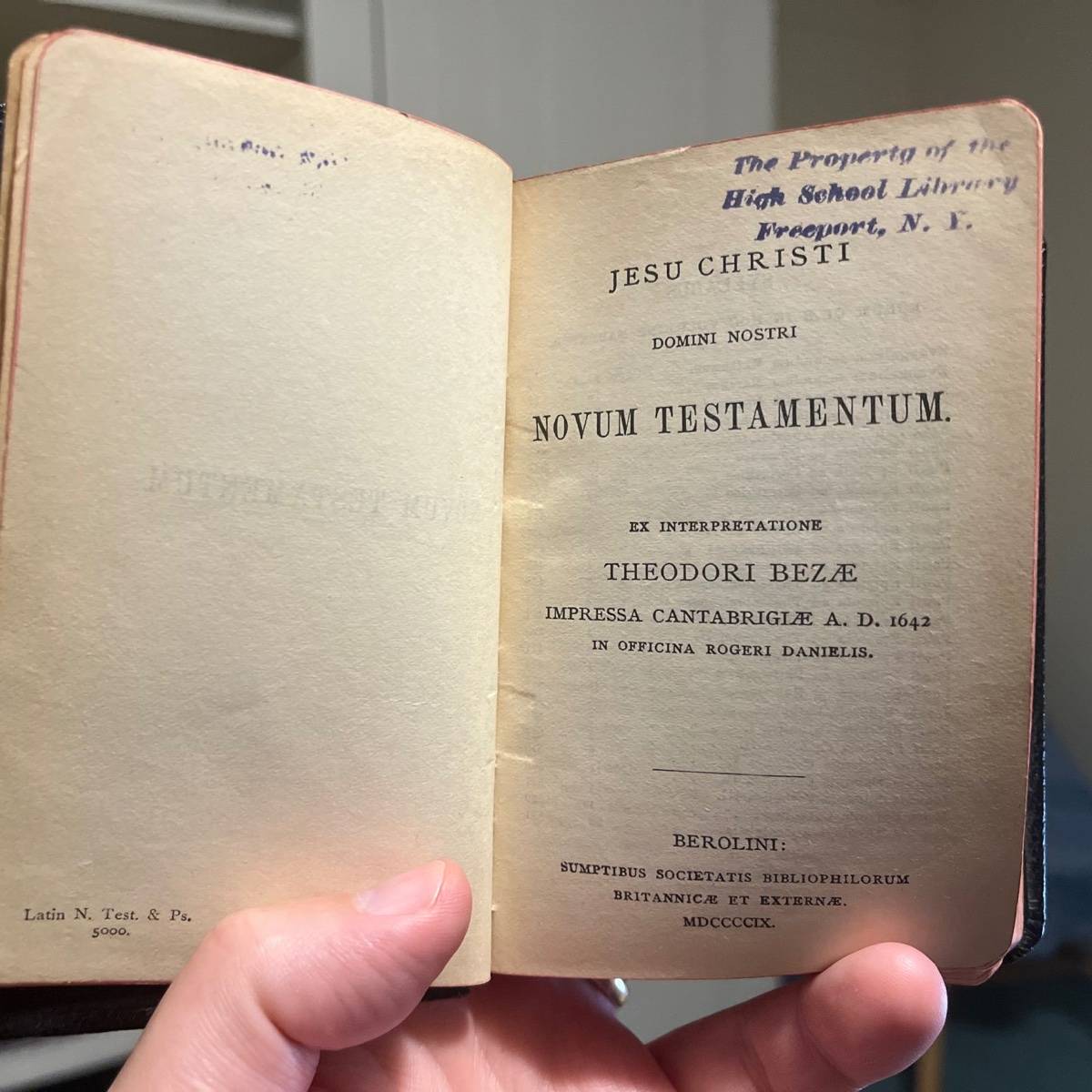
I've been reading a little Latin with my son, who's going into Latin III next year. Today we did the New Testament for the first time—the Parable of the Prodigal Son. I gave him my new edition and grabbed an old one I had lying around. We started reading and EVERY THIRD WORD WAS DIFFERENT!
Turns out my edition—picked up from some used bookstore for $5—is actually a RETRANSLATION from the Greek by Theodore Beza, a prominent 16c Calvinist.
Huh!
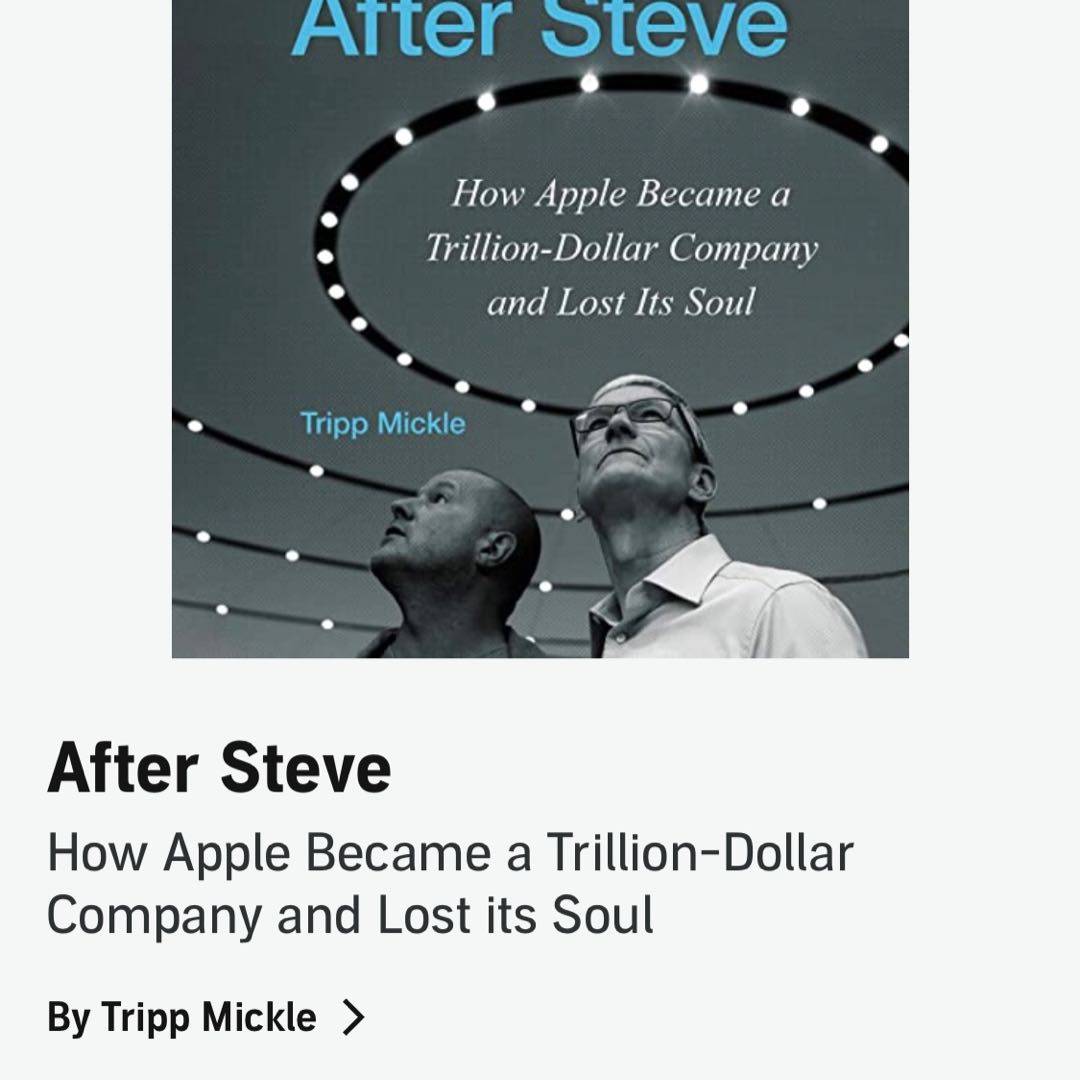
A far better book than I was expecting. Mickle focuses on Tim Cook and Jony Ive, and it‘s clear the latter was a major source, but the author boats and truly demonstrates that his account rests on hundreds of other sources. After a zillion startup stories, I was ready for this.

A fragment of the world‘s longest literary inscription, set up by one Diogenes in his home town of Oenoanda in Lycia. Diogenes loved his Epicurus, so he had 25,000 words from various Epicurean tracts inscribed on a stoa in his small mountain town, which I visited two days ago with MUCH effort. See FB for more details https://www.facebook.com/746862974/posts/10160550512882975/?mibextid=bVmsRV&fs=e...
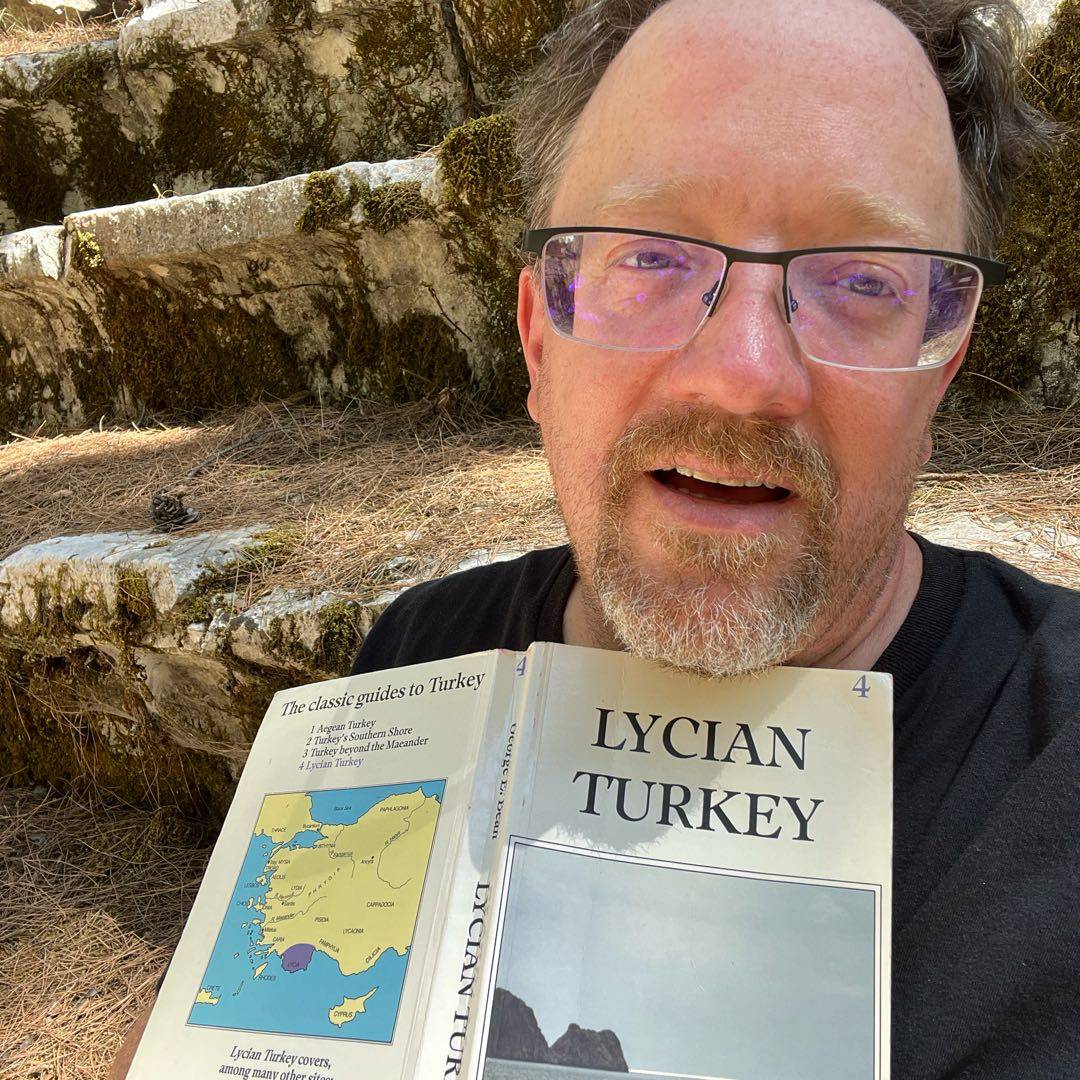
Reading up on Idebessus at Idebessus in Lycia. Super-obscure site, not a single tourist. More photos at https://www.facebook.com/746862974/posts/10160546931082975/?mibextid=bVmsRV&fs=e...
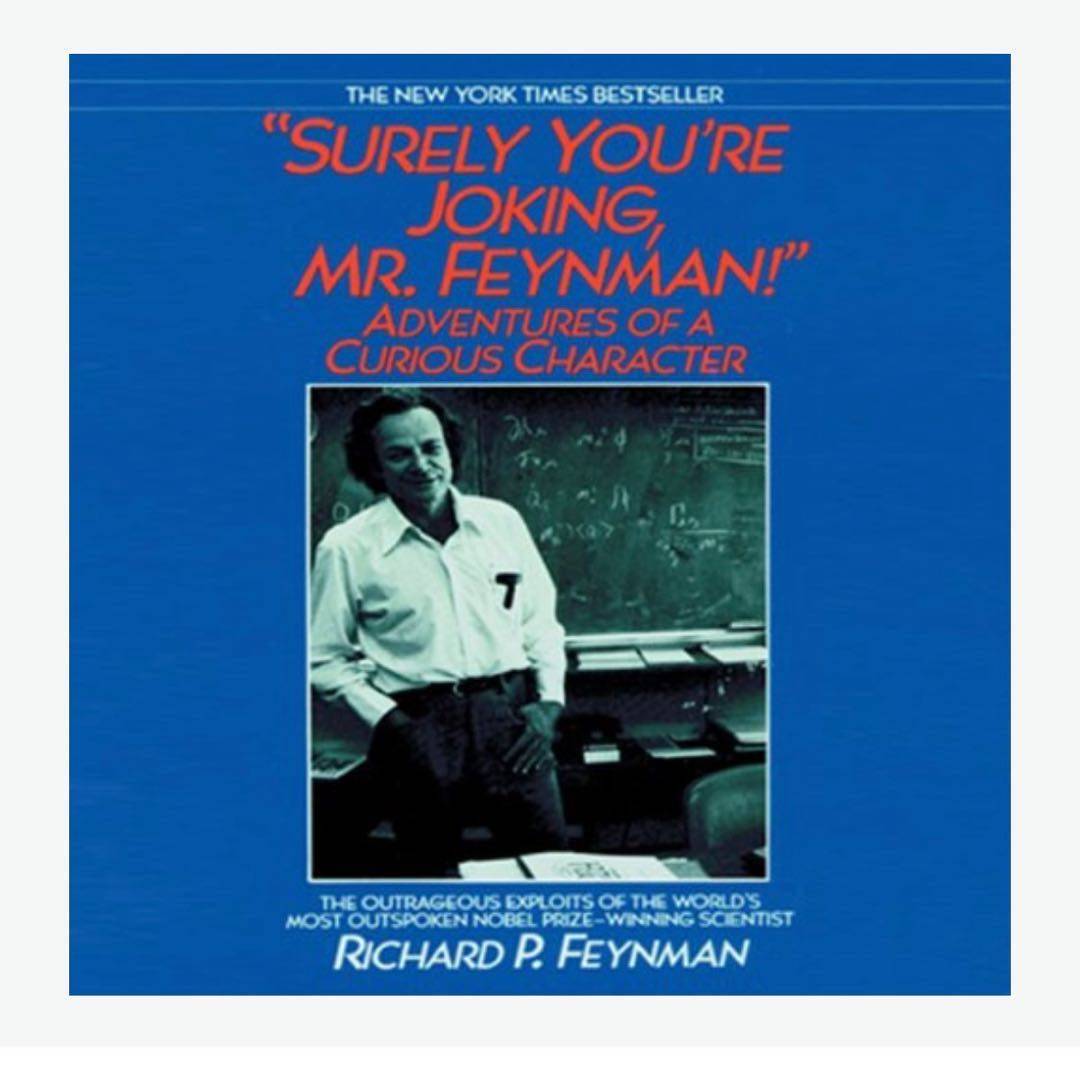
Feynman is interesting, but, with all due respect, kind of an asshole. And he doesn‘t know when he‘s not being interesting.

Apparently nobody ever made a full-length audiobook of this, but after his The Making of the Atomic Bomb, I had to keep going. All in all, six hours suited me better than whatever 700 pages would be!
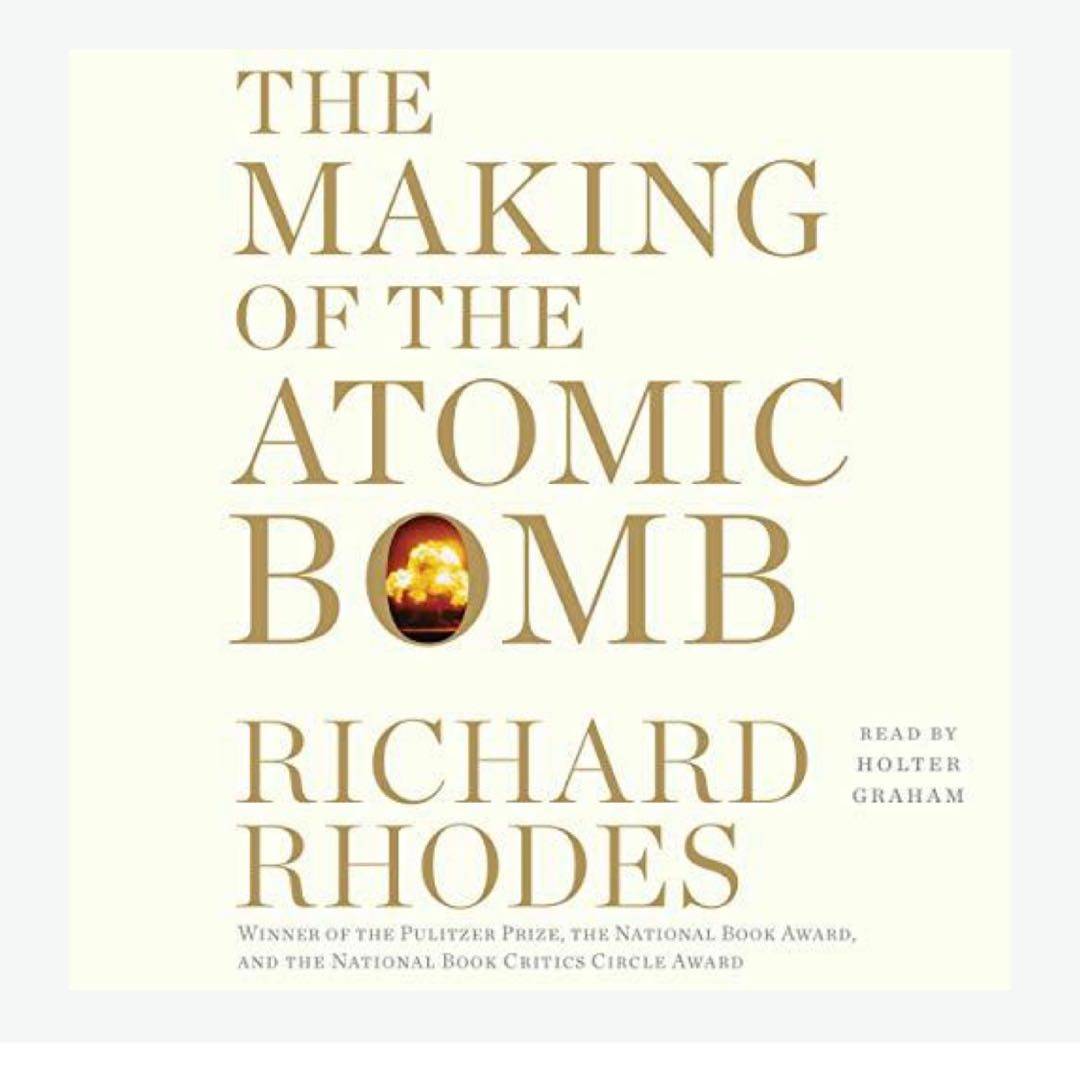
I‘m not quite sure what to do with a book about the making of the atomic bomb that spends more than an hour on the pre- and immediately-post World War I atmosphere of Budapest. It‘s fascinating stuff, and has convinced me that I need to read something on the Austrian-Hungarian Empire and it‘s downfall. But I sometimes forget that it‘s a book about the atom bomb and will, one perhaps, eventually end up there!
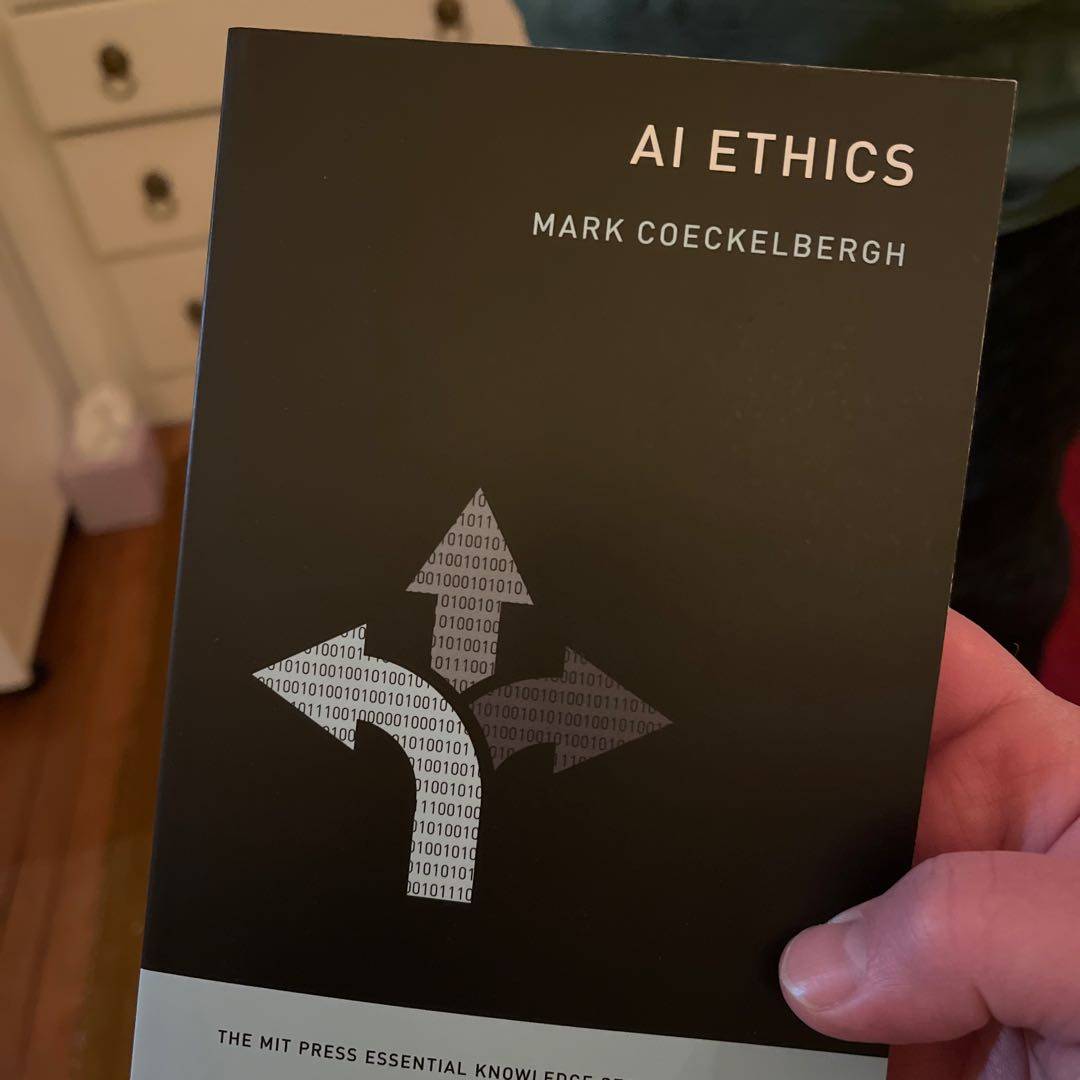
Cashier: “Isn‘t that a contradiction in terms?”
Me: “No, it‘s one of those blank books!”
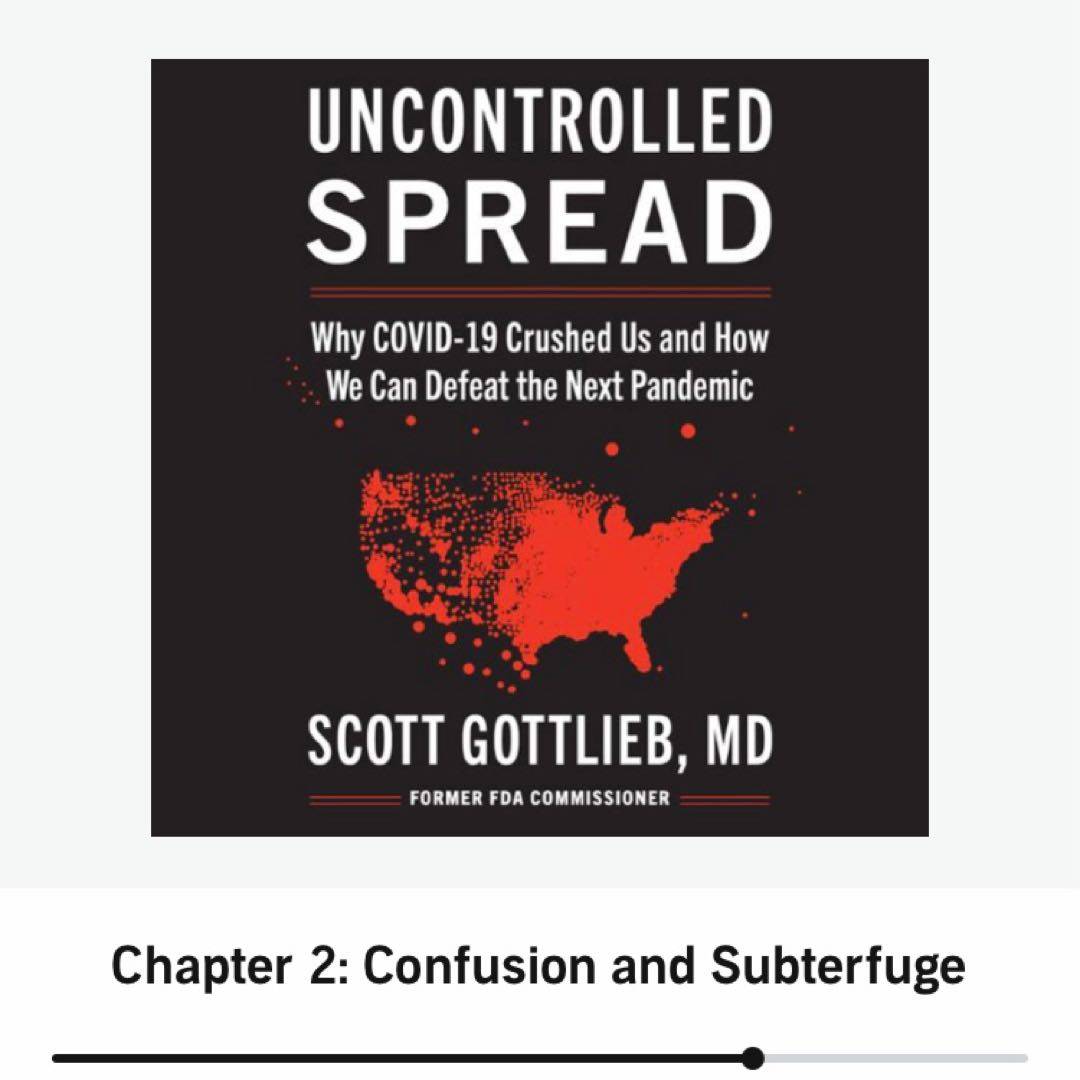
Great book, recommended to me by a friend in pharma.

Uh… okay.
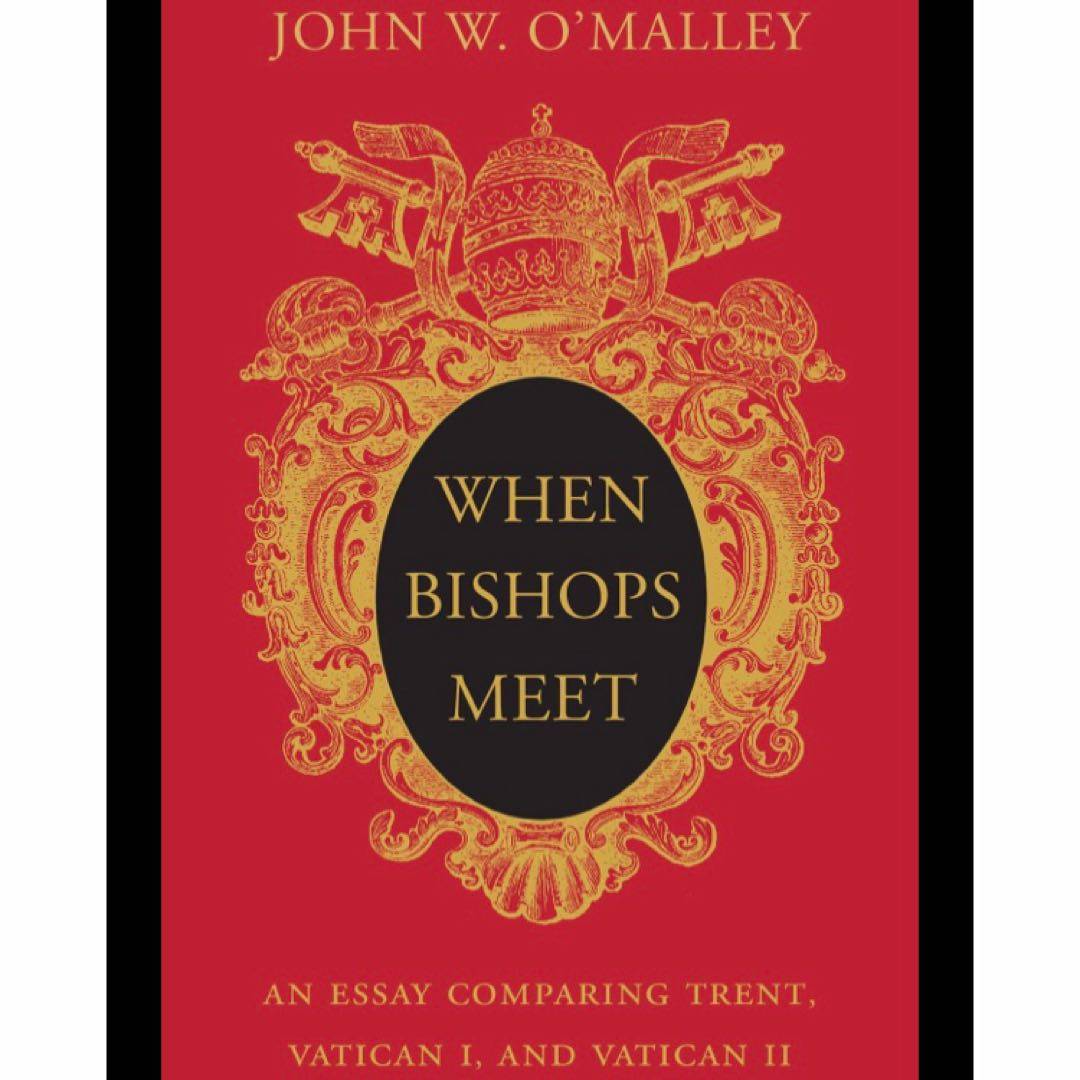
Absolutely fantastic book, following on his history of the three councils. It‘s up there for me now with analytical essays by M. I. Finley and Arnoldo Momigliano in ancient history. O‘Malley is very old now, and I am dreading he will die soon. I hope we get a few more books out of him. In any case, with the continuing decline and polarization in Catholic intellectual life, I don‘t know who can succeed him.
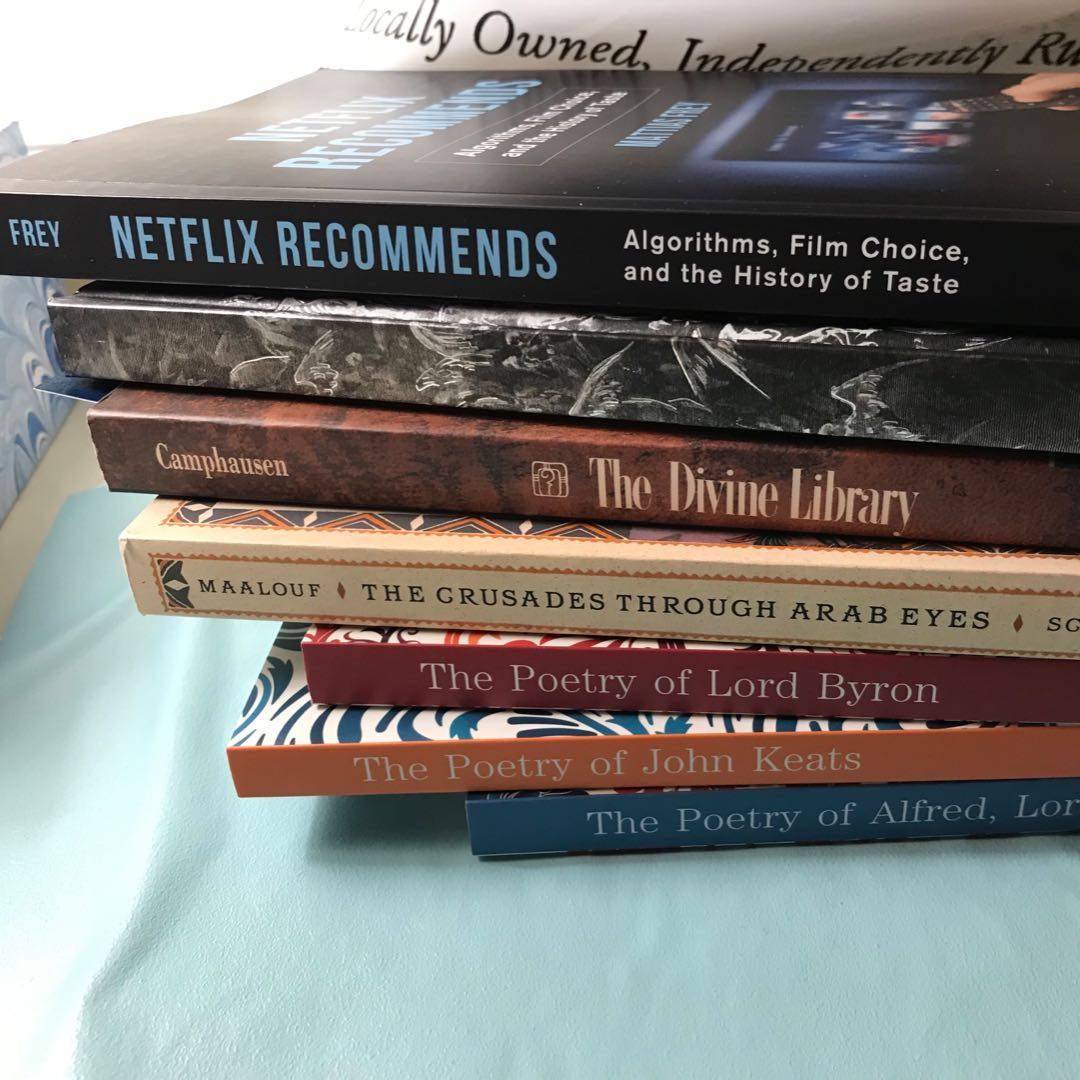
Went to Boston, came back with four boxes of lahmejun from Eastern Lamejun Bakery, four loaves of challah from Cheryl Anne‘s bakery, and six books from @HarvardBooks. Good day.

Fantastic book—so far mostly a social history of German genocide and cruelty. Little is new to me, but the details and analysis are superior, and the account of the effort to exterminate Germany‘s mentally and physically disabled adults and children taught me a lot.
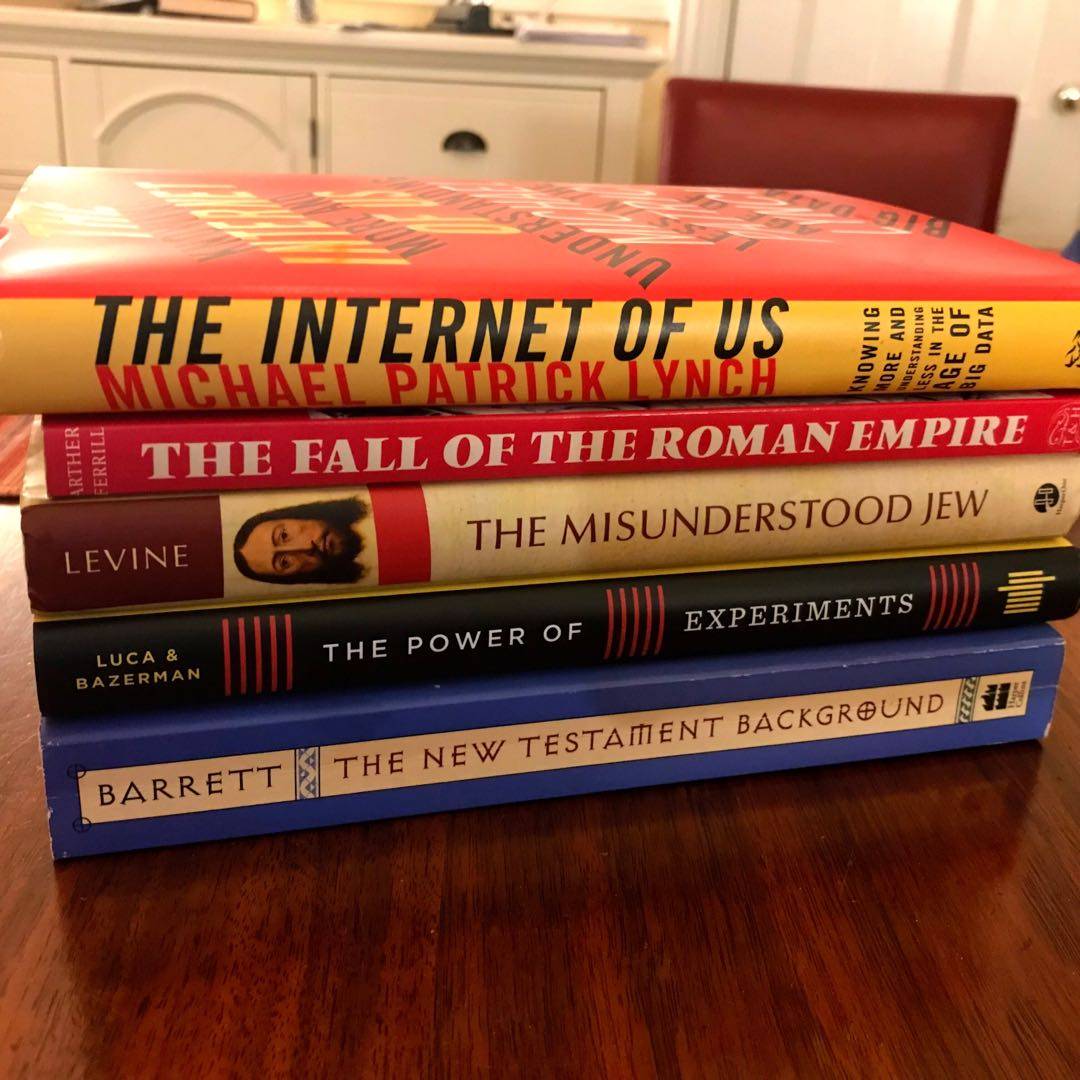
Sunday book haul. Two parts internet, two parts New Testament, one part Roman History.

The first half is fascinating, adding many piquant details to the (better) I Alone Can Fix It. But it was designed to cover both the end of Trump and the first months of the Biden administration. The latter is simply less interesting. I‘m very glad the Biden administration has been less interesting, but it doesn‘t make for an interesting story.

As good as I suspected it would be.
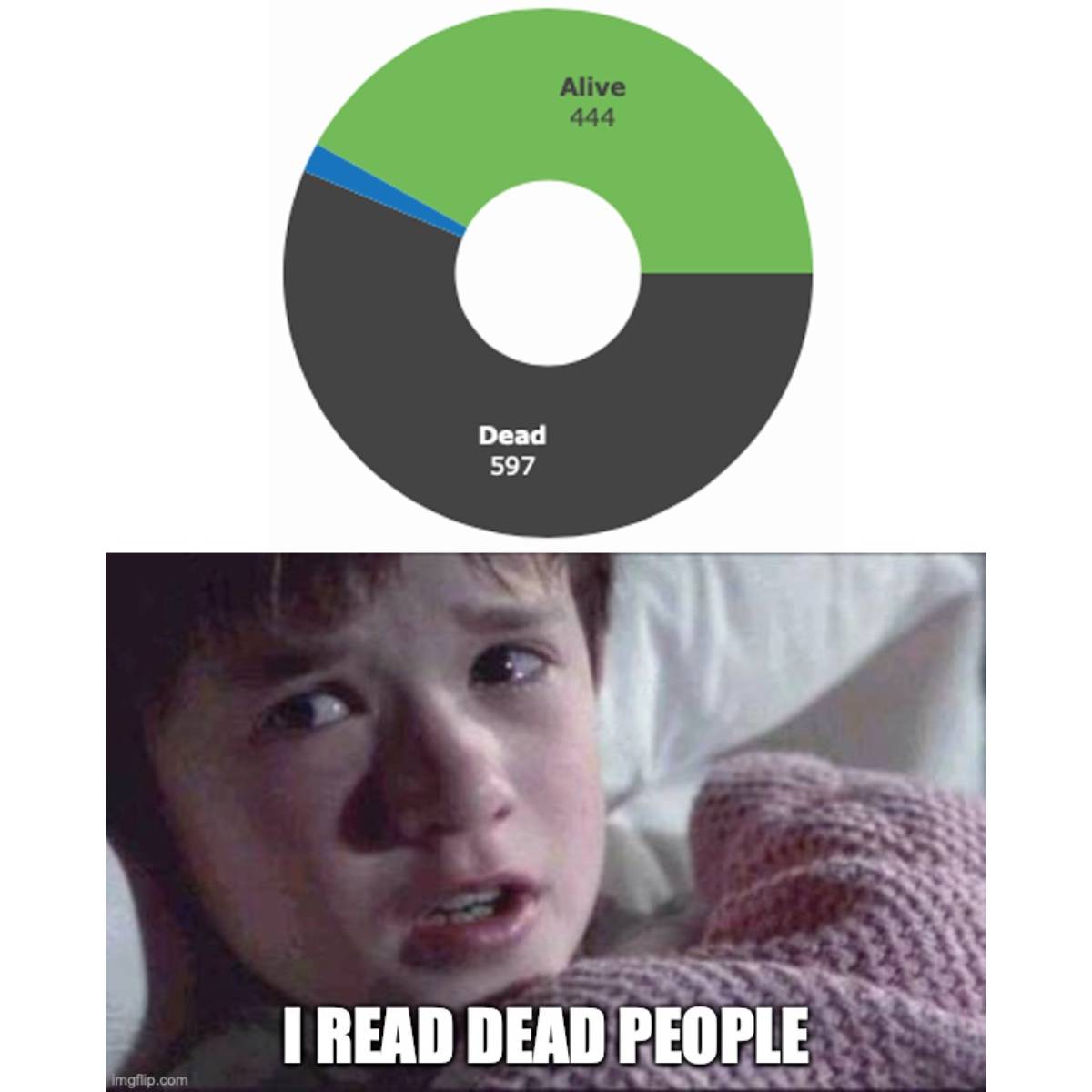
LibraryThing's new “Charts and Graphs“ feature is released! https://www.librarything.com/topic/334487

I sincerely hope this is some author‘s writing room. — Haskell Island, Maine
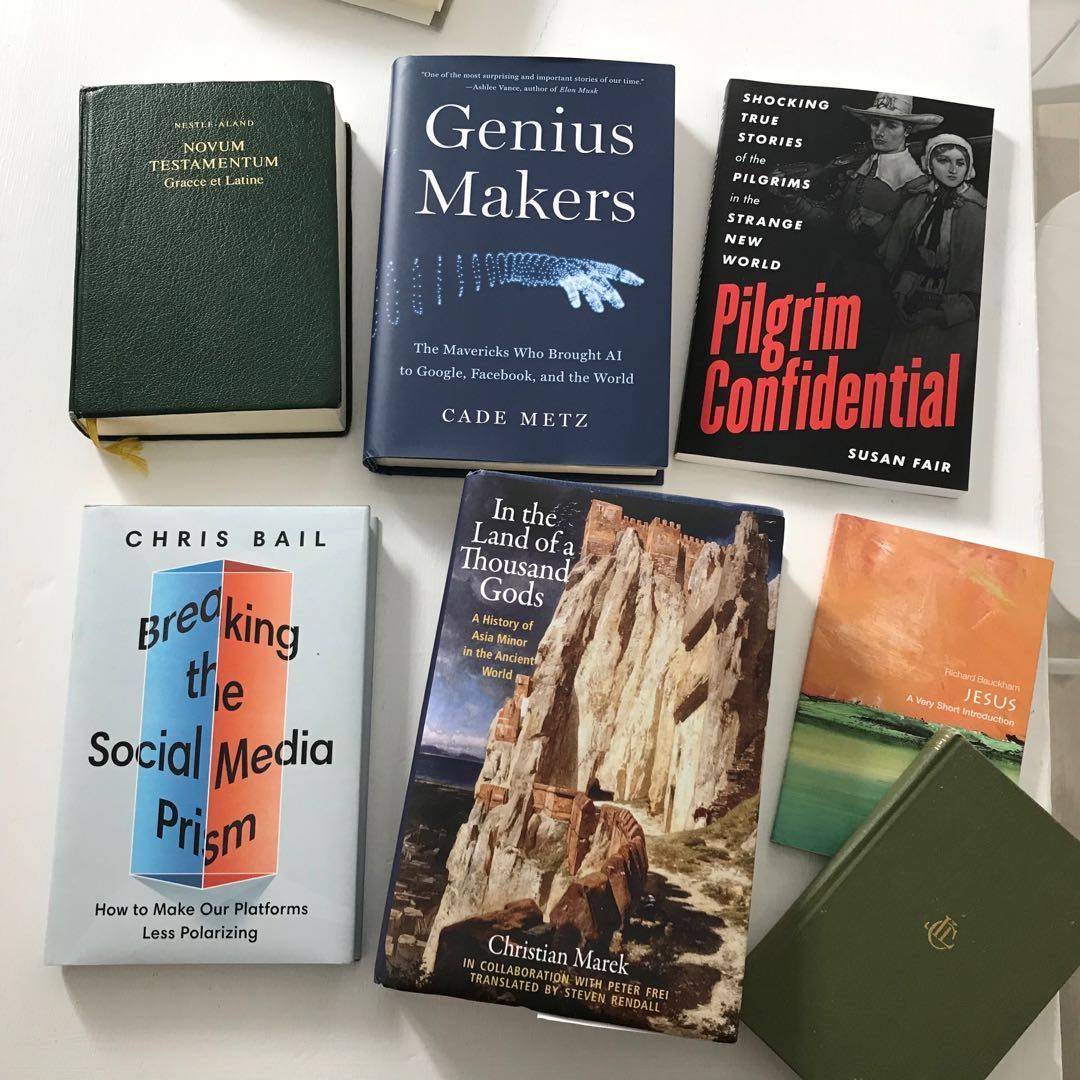
Vacation!
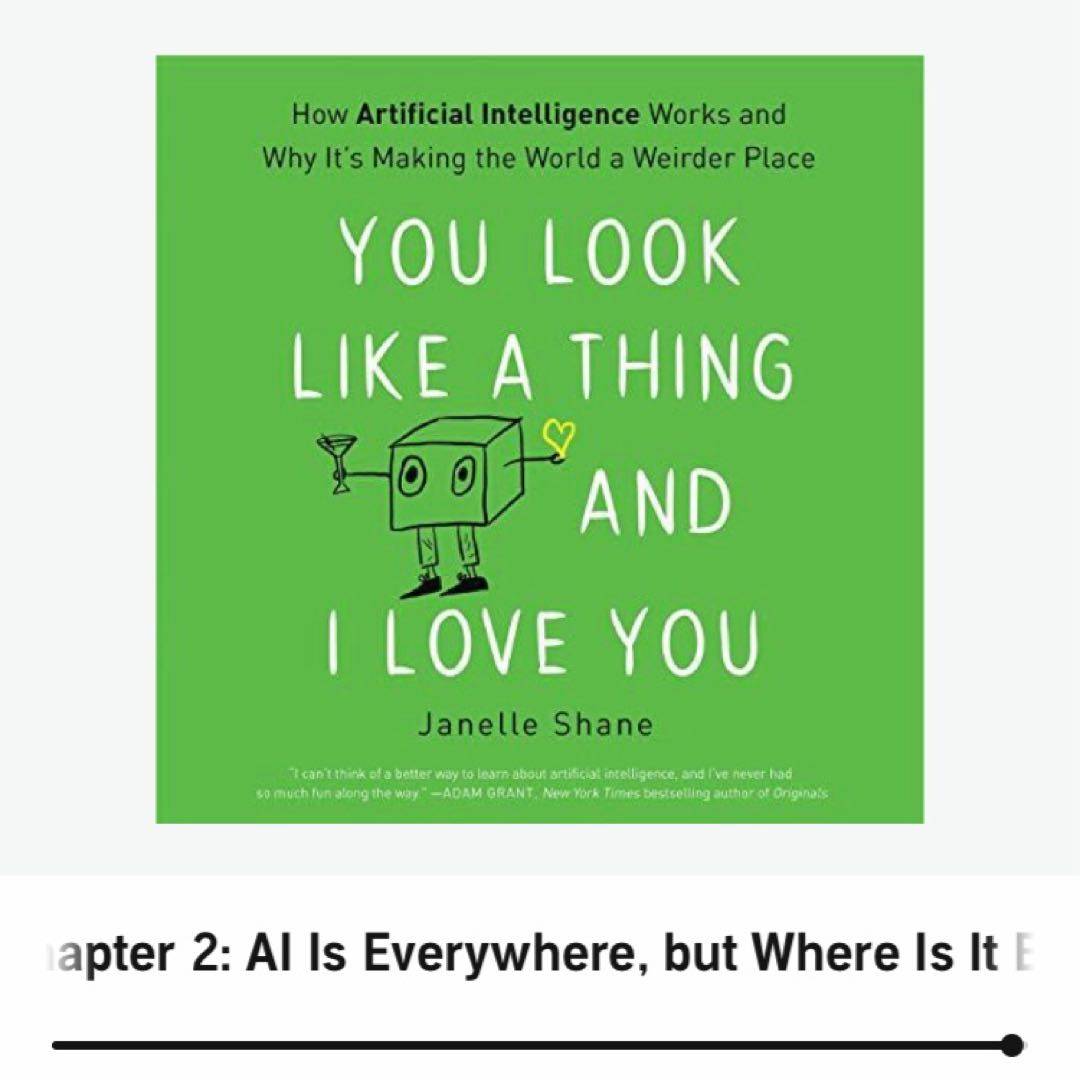
I have never laughed so hard while reading a tech book.
Well, that ended, thank God. The administration, not the book. I could have read more of the book.

Bananas. Absolutely bananas. That is all.
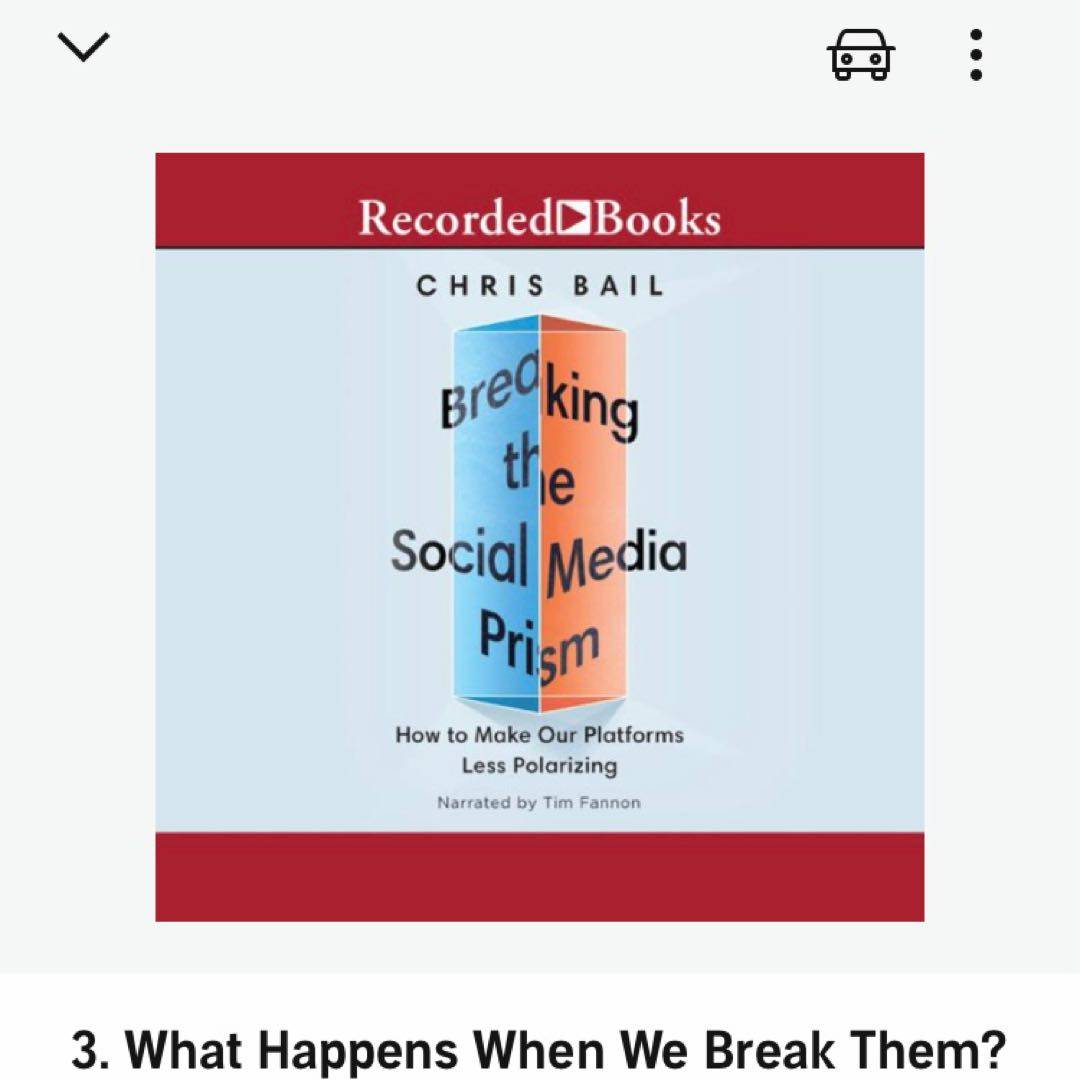
Author lays out the data that liberals and conservatives “exposed” to “voices” from the other side don‘t get more moderate, but the opposite. I‘m not sure this is news. Social media Is not designed to persuade. I doubt that, before social media, conservatives would have become more moderate being exposed to Cuban communist signs either! But social media is explicitly tribal. Pissing off the other side is a feature, not a bug. So, not surprising.
Finished. The earlier bits were the most interesting to me, as I knew some of the participants and events. Everything to do with Aaron was just gutting. The latter bits were also engaging. So with the short-lived tenure of Ellen Pao, although the divergent narratives make we question if we have a true account, and I wish Lagorio-Chafkin had been clearer in attributing her sources. It was fun to hear about Ohanian's romance with Serena Williams.
Came back to this after a hiatus. Surfaces more of the story of Aaron and Reddit than I knew before—sad things I was only partially aware of. I was also struck by something that's probably well known; that Reddit's algorithm hid things with 5 down-votes, but showed them again, with a boost, if they got 100 down-votes, on the theory that the REALLY bad was fun. The future of social media was here; it just wasn't evenly distributed.
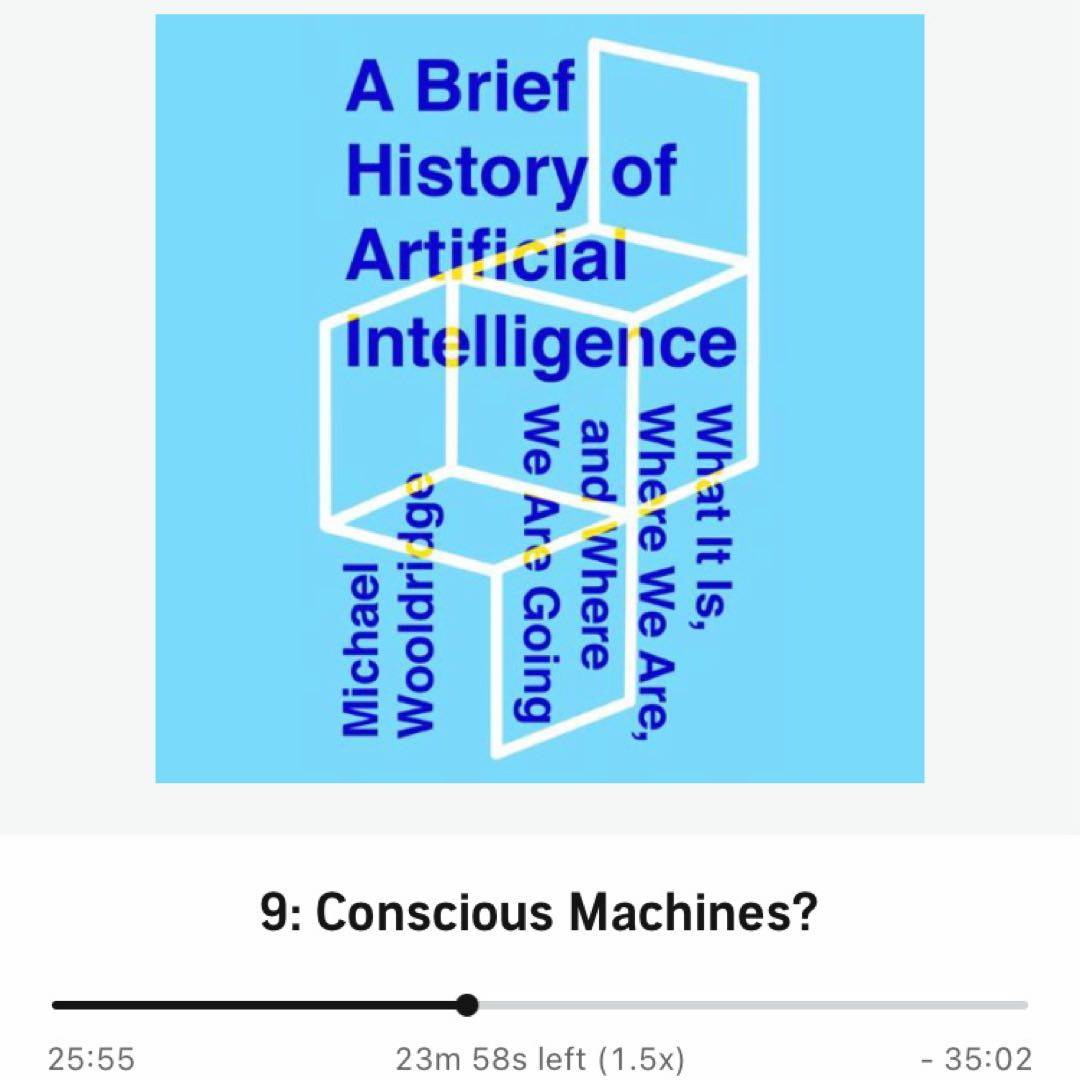
An enjoyable non-technical introduction to AI history. It‘s even relatively sober; the history of AI failures and hype are a major sub-theme. Even so, as it approaches the present it gets carried away. The hype around self-driving cars was particularly strong, and I struggle to understand its 2021 publication date, in light of its unfulfilled predictions. The final chapter, in which Wooldridge does some philosophy is not impressive.
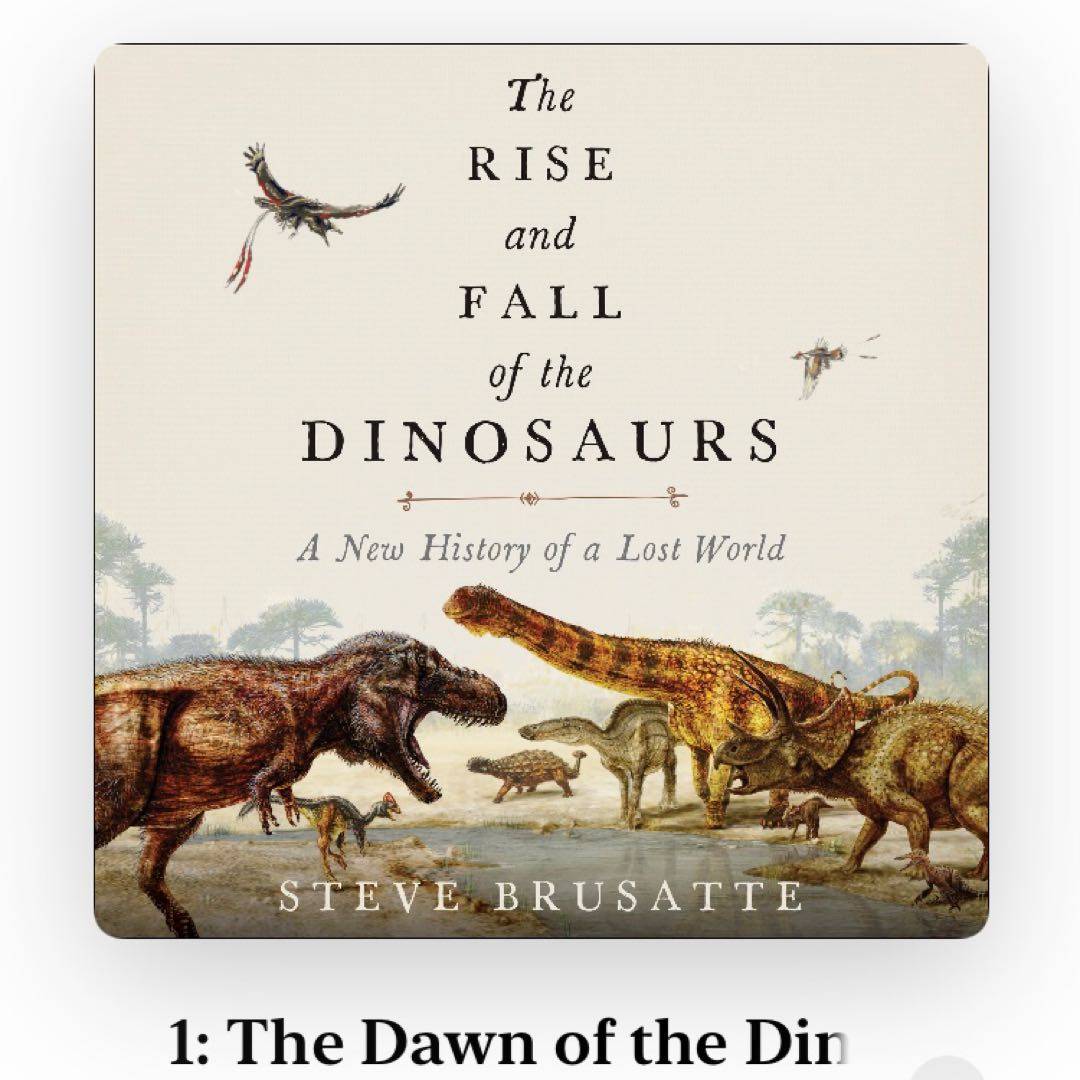
One thing I like about A Very Short Introductions: no “let‘s me tell you about the time I got lost in Warsaw as a graduate student” or “let me tell you about the color of the sky that time I was bitten by mosquitos while I was digging for fossils with Sven, who was tall and wore sweaters that were…” and on and on.
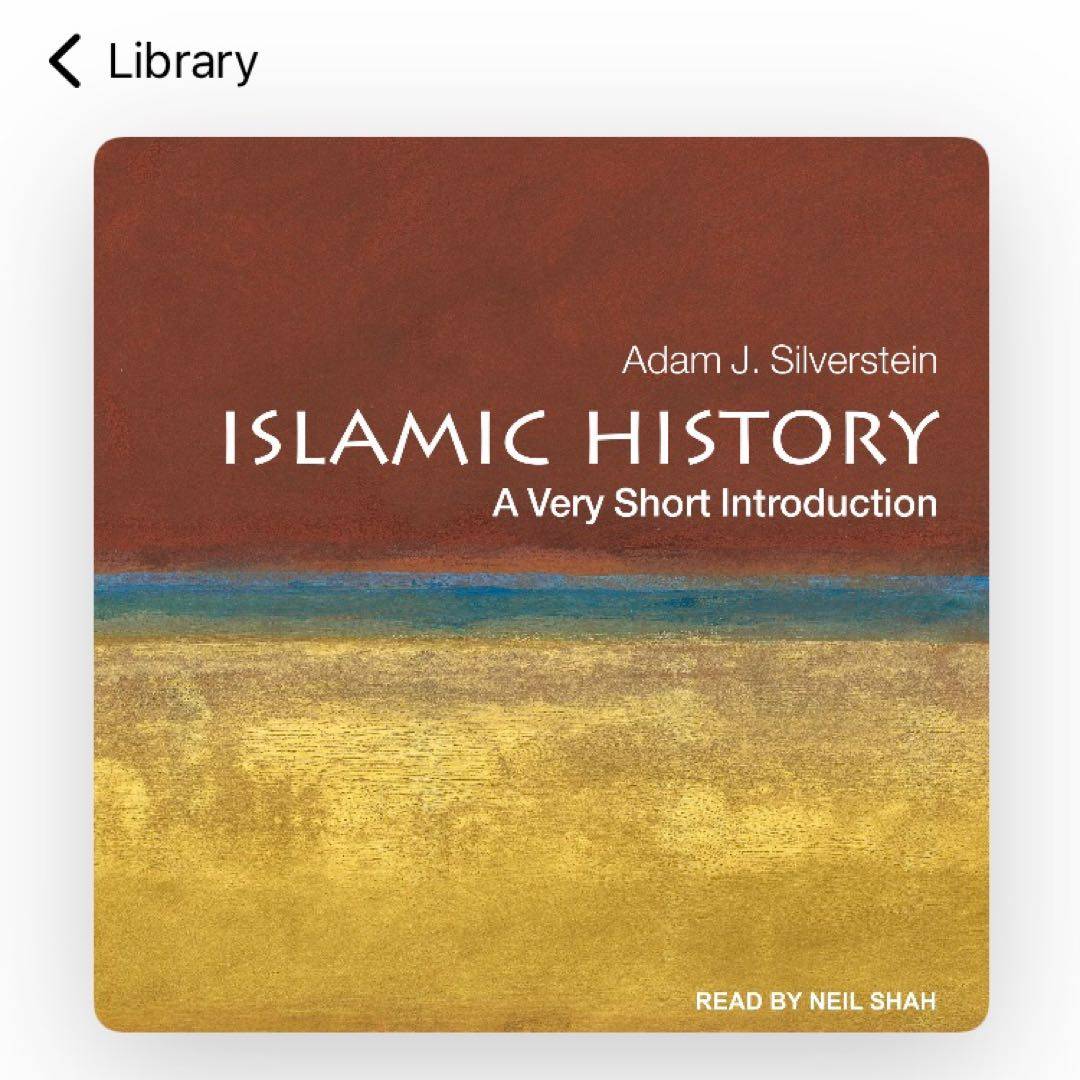
I‘m a huge fan of Very Short Introductions, and therefore well versed in what can and can‘t be achieved in their short compass. Unlike every other such historical survey, this book is often little more than a dreary recitation of names and dates, dynasties and places. Not only is there little “why”—except on the topic of camels, oddly—there isn‘t much “what,” because listing names without any other context or elaboration tells us nothing.
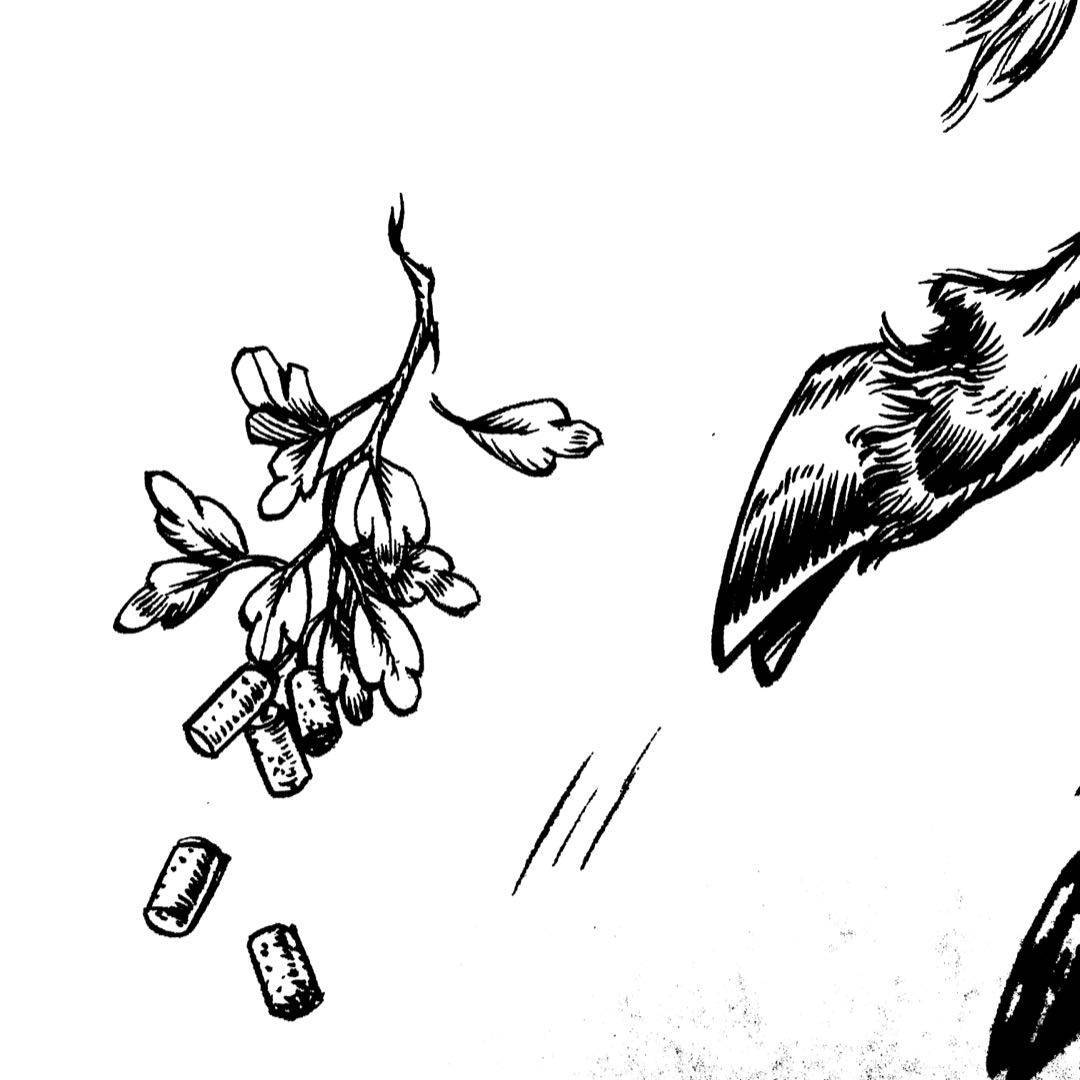
Ferdinand, which my kid is reading in Latin, has Ferdinand leap up from his beloved cork tree, dislodging a cork sapling. Munro/Lawson didn‘t understand how cork trees made cork! But I wish this were a thing.